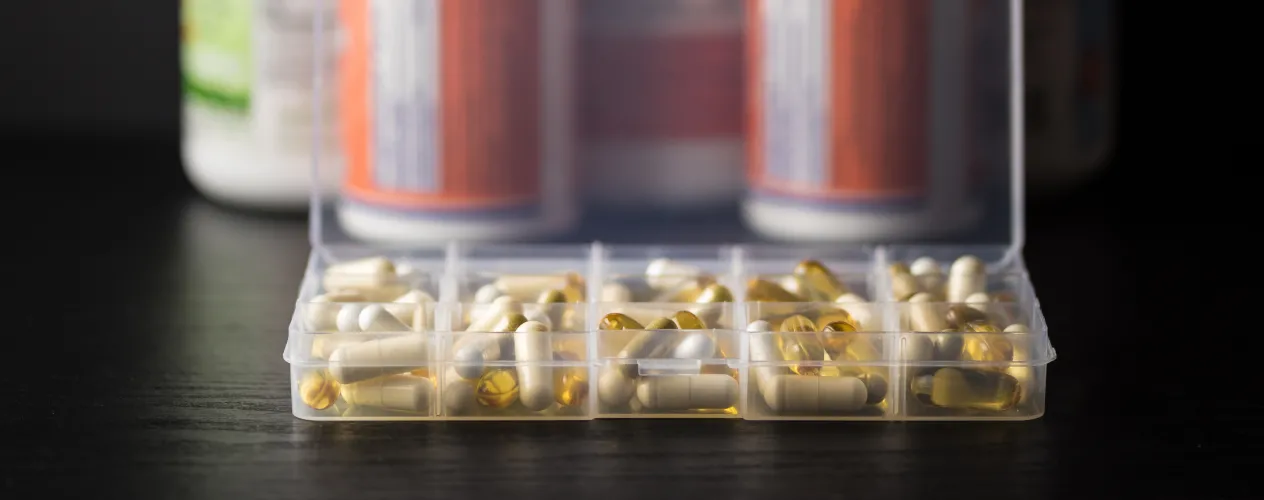NPR | "Why certain medications can increase your risk in the heat"
Dr. David Eisenman, professor in the UCLA Fielding School of Public Health’s Department of Community Health Sciences, was interviewed by NPR.

Dr. David Eisenman, professor in the UCLA Fielding School of Public Health’s Department of Community Health Sciences, was interviewed by NPR on how medications can affect the way people's bodies react to, or perceive, heat.
"When you're taking these medications and you're exposed to heat, it's like asking a car to drive up a mountain in the summer with the air conditioner broken, low on coolant and no warning signals," Eisenman said. “Overheating becomes much more likely.”
That doesn't mean you should stop taking your medications during heat waves, said Eisenman, who also serves as director of the UCLA Center for Public Health and Disasters and co-director of the UCLA Center for Healthy Climate Solutions. It means keeping yourself from getting too hot in the first place.
"Making sure people have access to a cool space" should be the priority, he says, whether that's running an air conditioner at home or finding a local cooling center.
Read and listen to the full interview on NPR.

